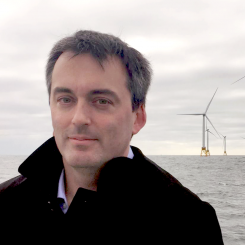May 28, 2020 - 11:00 AM - 12:15 PM
Delivering the Transmission Needs for Energy Transition – Deep Decarbonization in the Northeastern U.S. and Quebec
Abstract:
Meeting climate policy targets in the U.S. Northeast will likely require the nearly complete decarbonization of electricity generation. To that end, consideration is being given to expanding imports of hydropower from neighboring Quebec, Canada. We use a capacity expansion and dispatch optimization model to analyze the role Canadian hydro might play, and the economic trade-offs involved. We find that, in a low-carbon future, it is optimal to shift the utilization of the existing hydro and transmission assets away from facilitating one-way export of electricity from Canada to the U.S. and toward a two-way trading of electricity to balance intermittent U.S. wind and solar generation. Doing so reduces power system cost by 5-6% depending on the level of decarbonization. Expanding transmission capacity enables greater utilization of existing hydro reservoirs as a balancing resource. New transmission also reduces the costs of deep decarbonization. Adding 4 GW of transmission between New England and Quebec is estimated to lower the costs of a zero-emission power system across New England and Quebec by 17-28%.





